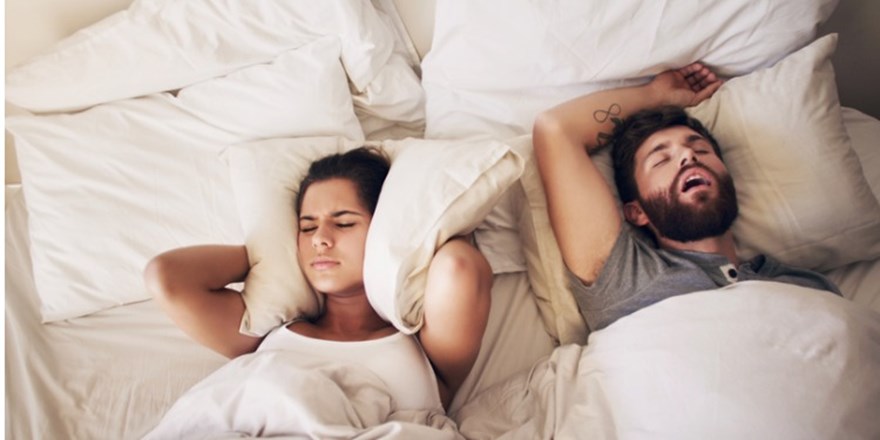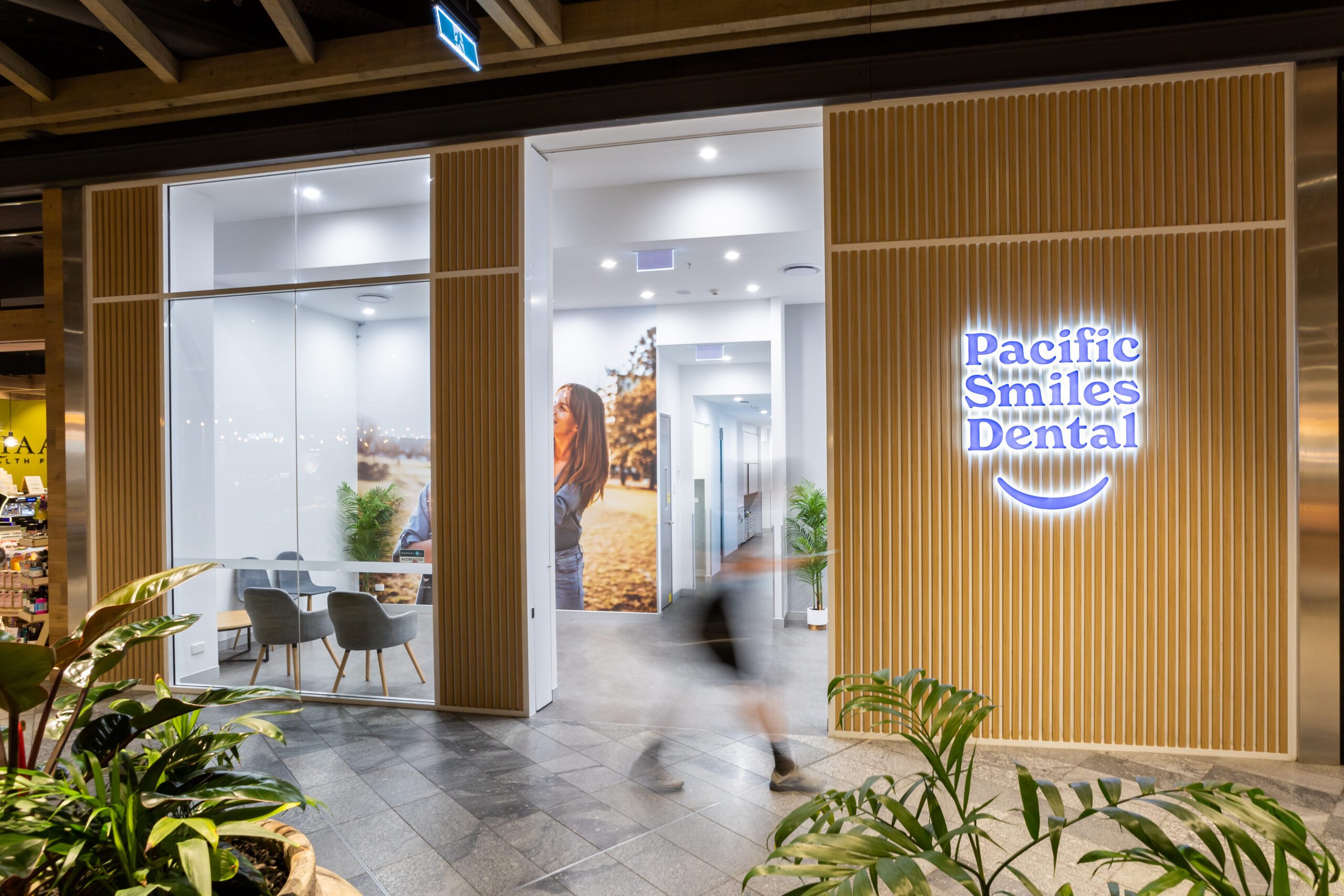 20 September 2022
20 September 2022
Snoring and obstructive sleep apnoea (OSA) during sleep are signs that there is an interruption to the smooth flow of oxygen into and out of your airways. When snoring, air flows over and past the relaxed structures of the throat, causing the tissues to vibrate. Obstructive sleep apnoea happens when the walls of the throat come together during sleep, blocking the passage of oxygen to the lungs. With OSA the brain eventually signals that it’s not receiving sufficient oxygen, causing the person to wake up and breathe normally again. Sleep apnoea increases the risk of heart attack, stroke and other health issues.
I think I do snore…
Booking an appointment with your dentist can help to identify the cause for breathing problems when you’re sleeping. Being correctly diagnosed may require an overnight sleep study to observe and measure your sleep, breathing and oxygen levels. Not every person who snores has sleep apnoea, though it’s important to rule this out as a possibility due to its impact on health.
Symptoms of sleep apnoea
Exhaustion is a common symptom of OSA because of the repeated interruption to sleep from waking multiple times overnight. Many people don’t realise they have sleep apnoea until their partner complains of their own sleep being disturbed. Snoring and sleep apnoea can have a larger impact on you than just a poor night’s sleep including impacting your oral health. A dental examination can detect signs of damage to your oral health such as tooth grinding (bruxism) and Temporomandibular joint (TMJ) syndrome, which causes jaw pain. Waking up in the morning with a headache and sore throat are other common symptoms of OSA which you should be aware of.
Tooth sensitivity and worn or damaged teeth can also be signs of sleep apnoea which your dentist will notice in an examination. Another common symptom is dry mouth because of the tendency to mouth breathe. Saliva plays a protective role against cavities forming and washing away food particles, increasing the risk of tooth decay for people who snore and have OSA. Be sure to mention this symptom to your dentist when you visit them.
How can my dentist help with my snoring or sleep apnoea?
Your dentist may refer you for a sleep study. In combination with your GP and if needed, review by an ear, nose and throat specialist to confirm the diagnosis. Lifestyle changes such as losing weight, cutting back on alcohol, stopping smoking and changes in sleeping position can be helpful, though only to a point. If snoring or sleep apnoea is due to structural causes such as a narrowed airway or nasal congestion, specific treatments may be necessary. Sometimes an oral appliance is recommended to help keep the airway open. This is worn like an orthodontic retainer in the mouth and helps to push the jaw forward and keep the tongue in a normal position. This combination helps to keep the airway open so there is no compromise to the flow of oxygen. Another option is to use a CPAP (Continuous Positive Airways Pressure) machine to continuously deliver pressurised air which keeps the airways open.
See your dentist if you think you are snoring or are experiencing the symptoms mentioned for sleep apnoea. Taking the next steps towards improving your sleep, oral health and overall health may be as simple as a visit to the dentist. Book an appointment today.
References
Is Sleep Apnea Or Snoring Robbing You From Your Sleep? | Colgate®





